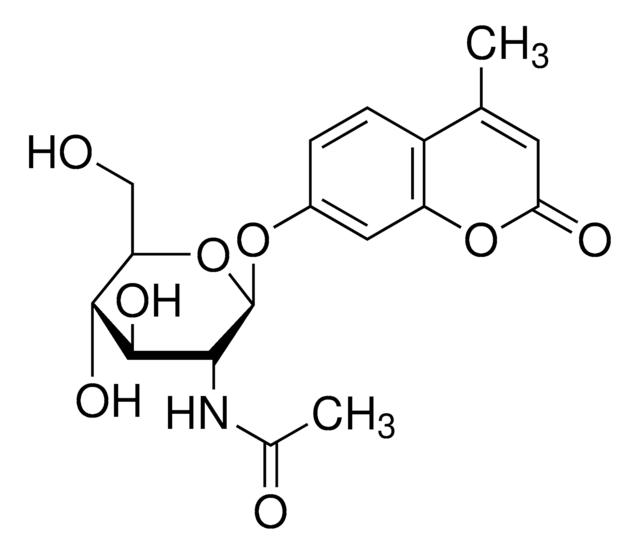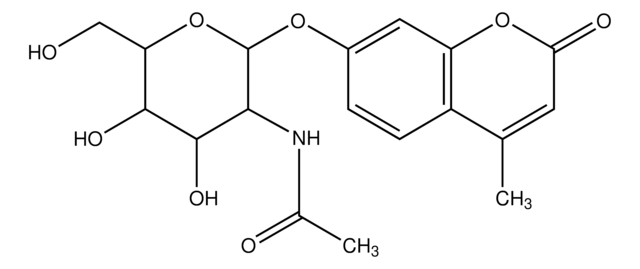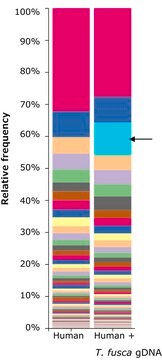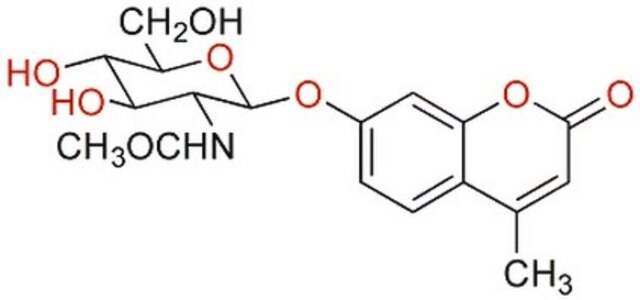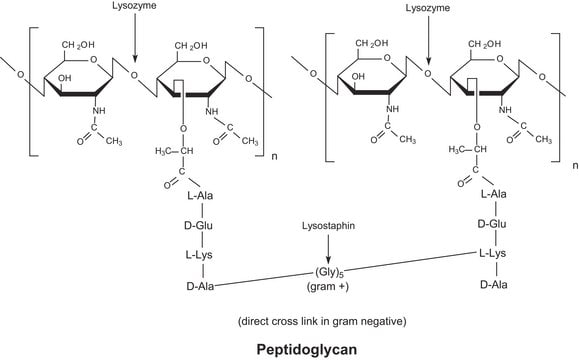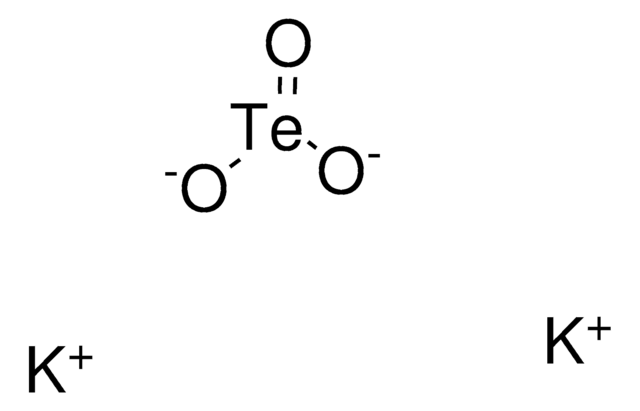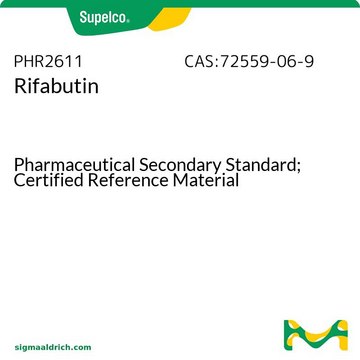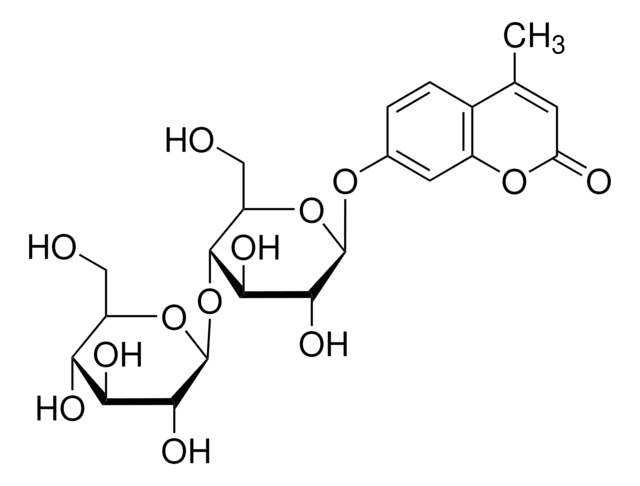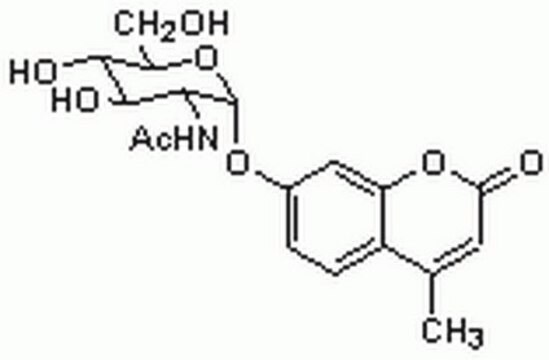M8195
Monoclonal Anti-phospho-MDMX (pTyr99)
~2 mg/mL, clone PH-MDMX-169, purified immunoglobulin, buffered aqueous solution
Sinonimo/i:
Anti-HDM4, Anti-HDMX, Anti-MDM4, Anti-MGC132766, Anti-MRP1
About This Item
Prodotti consigliati
Origine biologica
mouse
Coniugato
unconjugated
Forma dell’anticorpo
purified immunoglobulin
Tipo di anticorpo
primary antibodies
Clone
PH-MDMX-169, monoclonal
Stato
buffered aqueous solution
PM
antigen ~80 kDa
Reattività contro le specie
human
Confezionamento
antibody small pack of 25 μL
Concentrazione
~2 mg/mL
tecniche
indirect ELISA: suitable
indirect immunofluorescence: suitable
western blot: 1-2 μg/mL using total cell extract of HEK-293T cells co-transfected with human MDMX and a specific kinase
Isotipo
IgG2b
N° accesso UniProt
Condizioni di spedizione
dry ice
Temperatura di conservazione
−20°C
modifica post-traduzionali bersaglio
phosphorylation (pTyr99)
Informazioni sul gene
human ... MDM4(4194)
Descrizione generale
Specificità
Immunogeno
Applicazioni
- enzyme-linked immunosorbent assay (ELISA)
- immunofluorescence
- immunoblotting
Azioni biochim/fisiol
Stato fisico
Stoccaggio e stabilità
Esclusione di responsabilità
Non trovi il prodotto giusto?
Prova il nostro Motore di ricerca dei prodotti.
Prodotti correlati
Codice della classe di stoccaggio
10 - Combustible liquids
Classe di pericolosità dell'acqua (WGK)
WGK 3
Punto d’infiammabilità (°F)
Not applicable
Punto d’infiammabilità (°C)
Not applicable
Dispositivi di protezione individuale
Eyeshields, Gloves, multi-purpose combination respirator cartridge (US)
Scegli una delle versioni più recenti:
Certificati d'analisi (COA)
Non trovi la versione di tuo interesse?
Se hai bisogno di una versione specifica, puoi cercare il certificato tramite il numero di lotto.
Possiedi già questo prodotto?
I documenti relativi ai prodotti acquistati recentemente sono disponibili nell’Archivio dei documenti.
Il team dei nostri ricercatori vanta grande esperienza in tutte le aree della ricerca quali Life Science, scienza dei materiali, sintesi chimica, cromatografia, discipline analitiche, ecc..
Contatta l'Assistenza Tecnica.